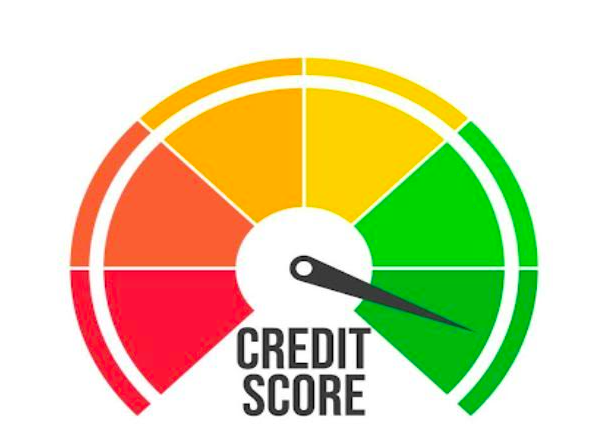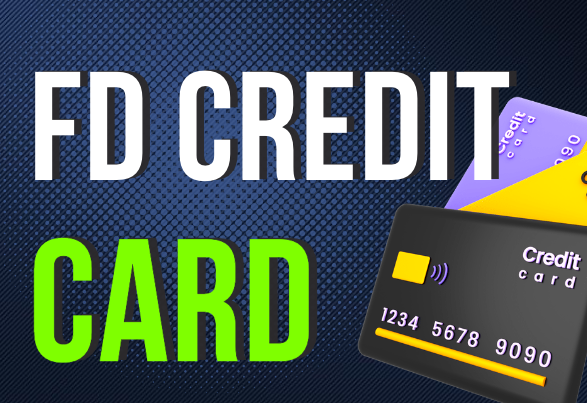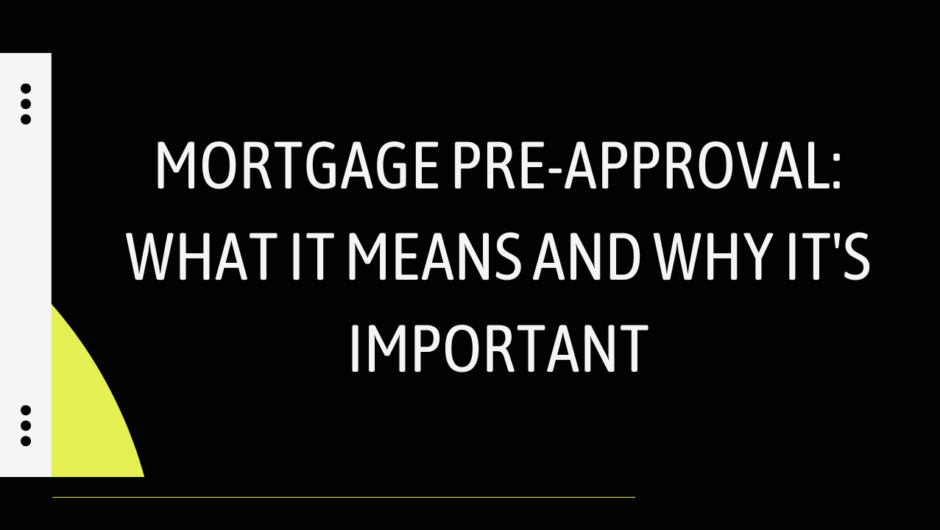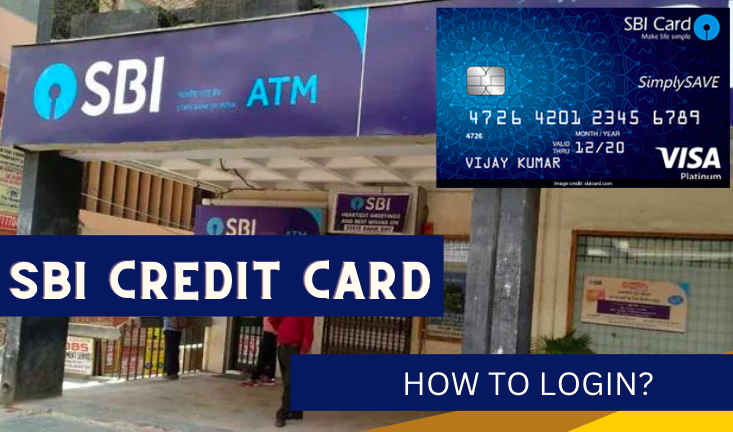Combatting unhealthy credit card usage habits that lead to debt requires awareness, discipline, and proactive strategies. In this article, we explore effective methods for breaking free from destructive spending patterns and regaining control of finances. From setting clear spending limits and budgeting wisely to prioritizing debt repayment and avoiding impulsive purchases, individuals can adopt healthier credit card habits. By understanding the root causes of debt accumulation and implementing practical solutions, it’s possible to overcome financial challenges and build a more secure financial future. Join us as we delve into strategies for combating unhealthy credit card usage habits and achieving greater financial stability and peace of mind.
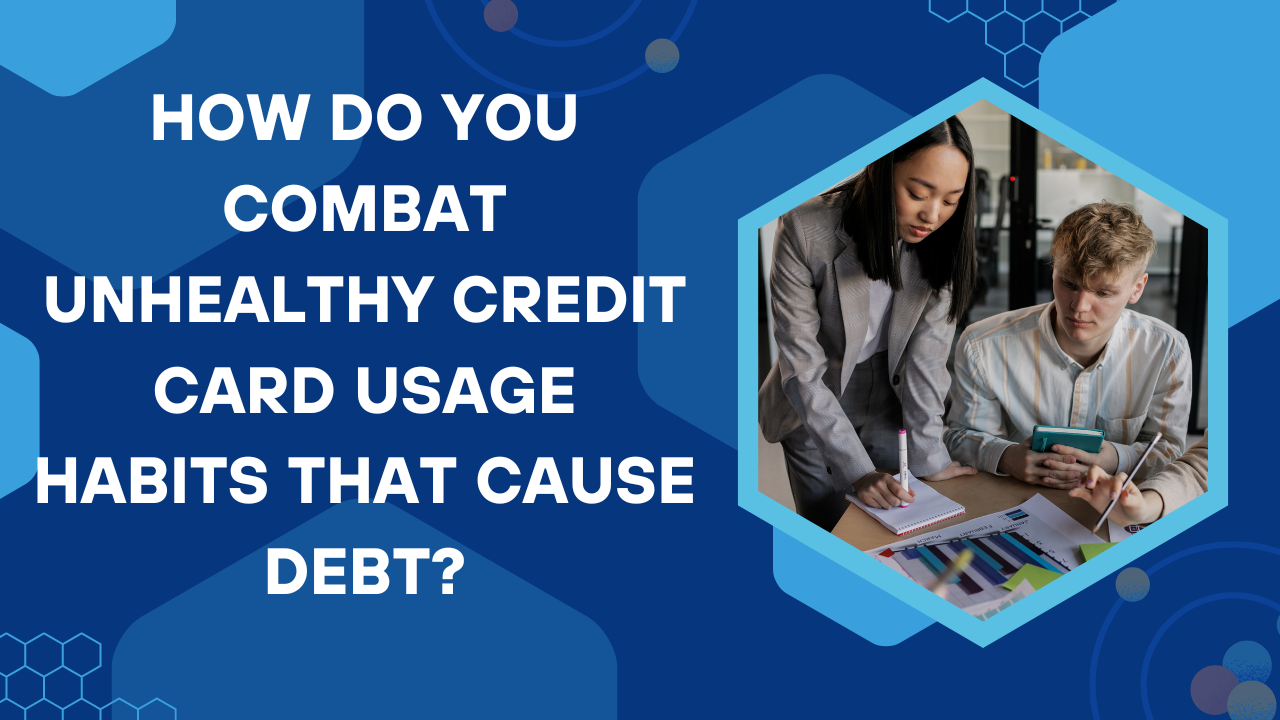
Understanding Unhealthy Credit Card Usage Habits
Understanding unhealthy credit card usage habits is crucial for combating debt. Common habits include:
- Overspending: Regularly exceeding your budget or purchasing non-essential items.
- Minimum Payments: Making only minimum payments, leading to high interest charges and prolonged debt.
- Impulse Buying: Making unplanned purchases without considering long-term financial consequences.
- Ignoring Statements: Neglecting to review credit card statements, resulting in missed payments or fraud.
- Balance Transfers: Continuously transferring balances between cards without addressing underlying spending habits.
- Reward Chasing: Spending more to earn rewards, outweighing the benefits.
Setting Clear Spending Limits and Budgeting Wisely
Setting clear spending limits and budgeting wisely are essential steps in combating unhealthy credit card usage habits and avoiding debt. Begin by evaluating your income and expenses to establish a realistic budget. Allocate specific amounts for necessities such as housing, utilities, groceries, and transportation, and designate a portion for discretionary spending. Set clear limits for each spending category to ensure that expenses remain within your means.
Consider using tools such as budgeting apps or spreadsheets to track spending and monitor progress toward financial goals. Additionally, establish an emergency fund to cover unexpected expenses and prevent reliance on credit cards for emergencies. By adhering to a well-defined budget and spending limits, individuals can exercise greater control over their finances, reduce the risk of overspending, and avoid accumulating debt through credit card usage.
Prioritizing Debt Repayment
Prioritizing debt repayment is crucial for combating unhealthy credit card habits and regaining financial stability. Begin by assessing all outstanding debts, including credit card balances, and prioritize them based on interest rates, with high-interest debts taking precedence. Allocate as much of your budget as possible towards debt repayment, focusing on paying more than the minimum payment to accelerate progress.
Utilizing debt repayment strategies such as the snowball or avalanche method to streamline repayment efforts and stay motivated. The snowball method involves paying off the smallest debts first, while the avalanche method prioritizes debts with the highest interest rates.
Avoiding Impulsive Purchases
Avoiding impulsive purchases is essential for combating unhealthy credit card habits and preventing debt accumulation. Start by identifying triggers that lead to impulsive spending, such as boredom, stress, or peer pressure. Develop strategies to address these triggers, such as finding alternative ways to cope with emotions or avoiding tempting shopping environments.
Before making a purchase, take time to evaluate whether it aligns with your needs, values, and long-term financial goals. Consider implementing a waiting period, such as 24 hours, before making non-essential purchases to prevent impulse buys.
Tracking Expenses and Identifying Problem Areas
Tracking expenses and identifying problem areas is crucial for understanding spending patterns and combating unhealthy credit card habits. Start by keeping detailed records of all expenses, including credit card transactions, to gain insight into where your money is going.
Regularly review your spending habits to identify areas where you may be overspending or making unnecessary purchases. Look for patterns or trends in your spending behavior, such as frequent dining out or impulse purchases, that may contribute to financial strain.
Utilize budgeting apps or spreadsheets to categorize expenses and analyze spending trends over time. This process can help pinpoint problem areas and highlight opportunities for improvement.
Building Emergency Savings
Building emergency savings is a critical step in combating unhealthy credit card habits and avoiding debt. Start by setting a specific savings goal, such as three to six months’ worth of living expenses, to cover unexpected emergencies like medical bills or car repairs.
Allocate a portion of your income each month towards your emergency fund, treating it as a non-negotiable expense. Consider automating transfers to your savings account to ensure consistency and discipline in saving.
Using Cash or Debit Cards Instead
Using cash or debit cards instead of credit cards can be an effective strategy for curbing unhealthy credit card habits and avoiding debt. When you pay with cash or debit, you’re limited to spending only what you have available, reducing the risk of overspending and accruing debt.
Cash transactions offer a tangible representation of money leaving your wallet, making it easier to track expenses and stay within budget. Additionally, paying with cash can help you make more mindful purchasing decisions, as you’re forced to consider the immediate impact on your finances.
Debit cards offer similar benefits to cash, as purchases are deducted directly from your bank account. However, they also provide the convenience of electronic transactions and may offer additional protections against fraud or unauthorized charges.
Negotiating Lower Interest Rates or Payment Plans
Negotiating lower interest rates or payment plans can be a valuable strategy for managing credit card debt and combating unhealthy credit card habits. Start by contacting your credit card issuer to discuss your situation and explore options for lowering your interest rate or arranging a more manageable payment plan.
Highlight any factors that may warrant a reduction in interest rates, such as a history of on-time payments or financial hardship. Be prepared to provide documentation to support your request, such as proof of income or medical bills.
Changing Mindset and Establishing Healthy Financial Habits
Changing mindset and establishing healthy financial habits is fundamental for long-term financial well-being and overcoming unhealthy credit card habits. Start by shifting your mindset towards viewing money as a tool for achieving goals and securing your future rather than a source of instant gratification.
Identify your financial goals and create a plan to achieve them, whether it’s paying off debt, saving for a major purchase, or building an emergency fund. Prioritize needs over wants and practice delayed gratification to avoid impulsive spending.
Educate yourself about personal finance and develop a deeper understanding of budgeting, saving, investing, and debt management. Surround yourself with supportive influences and seek accountability partners to help you stay on track.
Conclusion
In conclusion, combating unhealthy credit card habits and avoiding debt requires a multifaceted approach involving awareness, discipline, and proactive strategies. By setting clear spending limits, prioritizing debt repayment, and avoiding impulsive purchases, individuals can regain control of their finances and achieve greater financial stability. Building emergency savings, utilizing cash or debit cards, and negotiating lower interest rates can provide additional support in managing credit card debt effectively. By changing mindset and establishing healthy financial habits, individuals can pave the way towards a brighter financial future, free from the burdens of excessive debt and unhealthy credit card usage habits.
Also Read:
- What is Dividend Investing and How to find Dividend Stocks?
- How do new mobile banking apps help access savings account better?
- Financial Advisor in India – The Best for your Financial Planning?
- What is inflation and how it impacts your financial plan?

Hello, I am Tanisha Kriplani, graduated in computer science from Delhi University. I am passionate about web content writing and have a strong interest in Data Analytics and Data Engineering.


